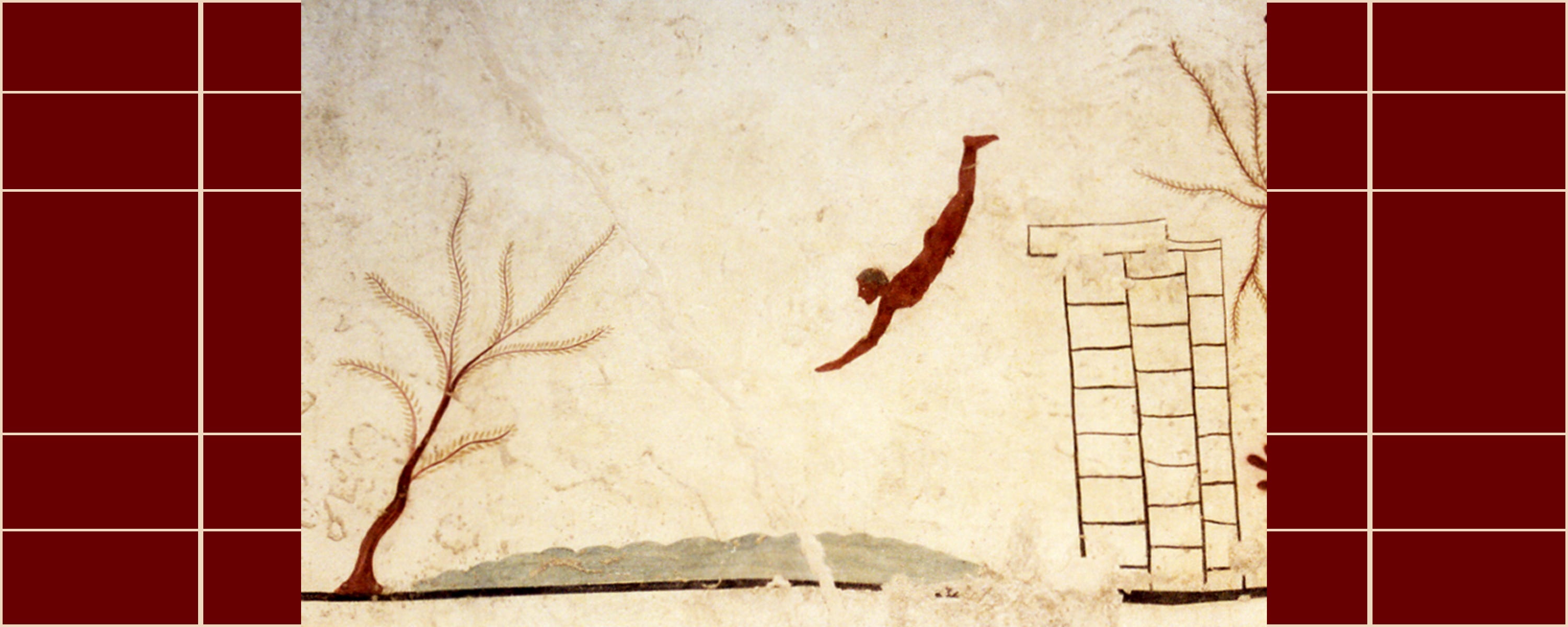Publiation: Nikola Benin, Ph.D

When I say I’m a classicist writing a book about the history
of swimming, people always say the same things: Oh, yes, the Greeks and Romans
loved to swim! Herodotus says the Greeks swam and saved themselves at the
Battle of Salamis while the Persians drowned. And Plutarch says Julius Caesar
was a great swimmer! Yes, a book about how well people swam in the ancient
world would be terrific! Don’t leave out Lord Byron — he swam across the
Hellespont, you know. With a club foot!
Yes, I say, thanks, absolutely. But for two centuries we’ve
used the Greeks and Romans in ugly ways to push marginalized people out of
swimming pools. We’re falling into — no, we’re diving enthusiastically into — a
trope so old that we should be able to recognize it by now. In this movie, we
are the Greeks and Romans and they are us. We read Plato and Herodotus and
Caesar as if they were our teachers and leaders rather than subjects we are
studying. In this version of reality, the Greeks and the Romans (that’s us) are
good and everybody else is bad. White people (that’s us) can swim, because
we’re civilized. Other people aren’t civilized, so they can’t swim. This false
dichotomy and racist trope, as we will see, is a big part of why black children
are now drowning at five and a half times the rate that white children drown.
We know better. We don’t take Aristotle’s word for it that
some people are just naturally slaves (anymore). We don’t follow Herodotus in
thinking that the Persians were ruled by despotism while the Greeks were free.
Most of us know that girls who get raped didn’t secretly want to be raped. We
no longer despise people involved in trade as mere merchants in comparison to
noble warriors. Hmm, maybe our old stories about Classics and swimming could
also use a second look?
Няма коментари:
Публикуване на коментар